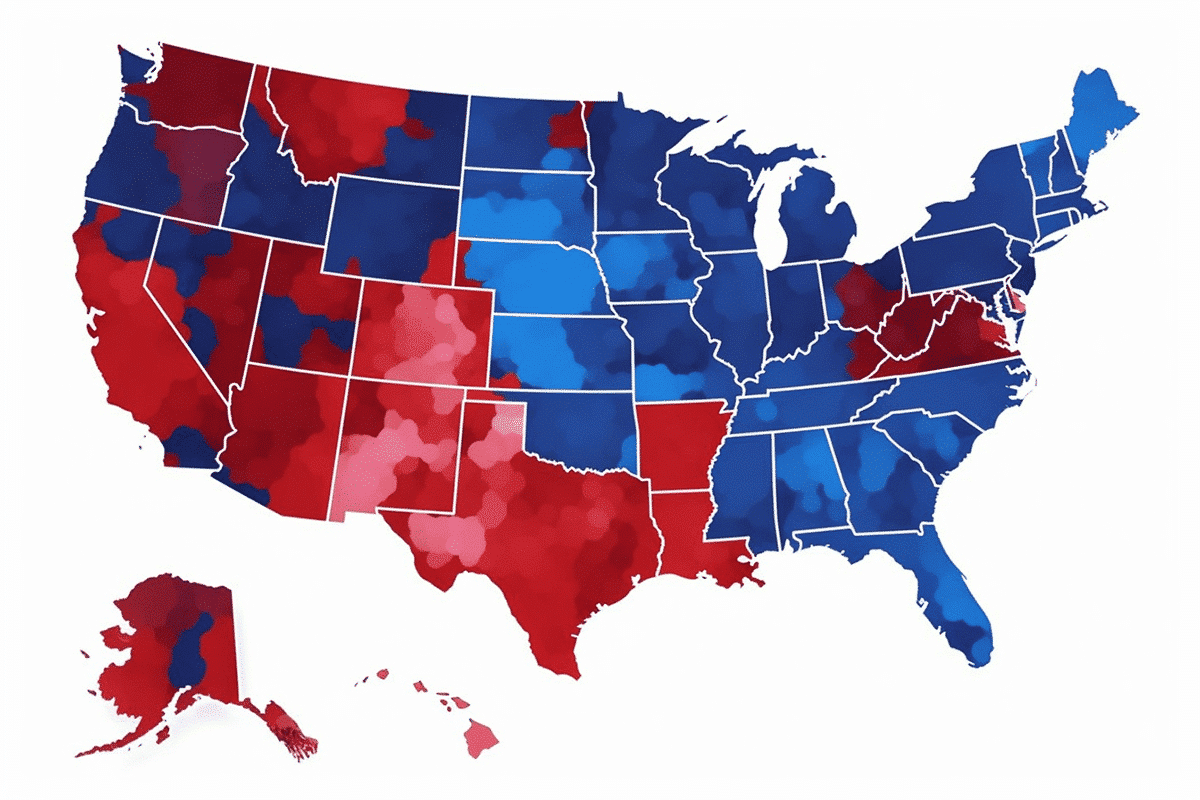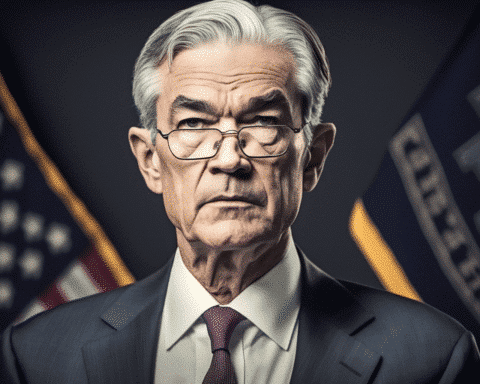Sub-Saharan Africa’s tentative re-entry into the international capital markets is already facing significant challenges as global investors become increasingly anxious about the upcoming US presidential election. This uncertainty is casting a shadow over the region’s efforts to secure much-needed foreign capital, just as it was beginning to see some success after a prolonged absence.
This year, only five of the 49 governments in Sub-Saharan Africa — Kenya, Senegal, Ivory Coast, Benin, and Cameroon — have managed to sell dollar bonds. These efforts have collectively raised $6.2 billion, which is still lower than the amount accumulated by this time last year. However, the ability to maintain this momentum is now at risk as emerging markets approach August, a traditionally slow period for bond sales due to summer holidays.
The added layer of uncertainty this year stems from the dramatic developments in the US election run-up. Investors are pricing in political risks earlier than usual, particularly with the potential return of Donald Trump. Many money managers anticipate that a second Trump administration might pursue fiscal policies that could keep global borrowing costs high, posing a challenge for high-yield borrowers like those in Sub-Saharan Africa.
Historically, the months leading up to the US elections have been tricky for bond issuances from emerging markets. In 2019, there were only three sales from Sub-Saharan Africa between August and the end of the year. In the 2020 US election year, which also saw Donald Trump vying for a second term, there was only one such sale.
The expected slowdown in new bond sales is likely to be driven by both demand and supply factors. For investors, the US election complicates the landscape for high-yield debt. The recent political shift, with Kamala Harris replacing President Joe Biden as the Democratic nominee less than four months before the November ballot, adds to the uncertainty. Harris faces an uphill battle, with polls showing mixed support and doubts about her ability to consolidate the anti-Trump vote.
For African governments, the high borrowing costs and already heavy debt loads reduce the incentive to issue new bonds. Many of these nations find alternative funding sources, such as international aid, concessional loans from multilateral institutions, and domestic debt markets, more attractive. These sources typically offer more favorable terms and lower interest rates compared to eurobonds.
Advisors likely suggested that African governments complete their bond issuances before August as Trump’s chances in the election brightened. This strategy is supported by historical trends, where bond sales from the region drop significantly in US election years.
Despite some easing in global interest rates, they remain high in Africa due to persistent inflation driven by weakening currencies. This has forced many nations to maintain tight monetary policies, further complicating the bond issuance landscape.
Some money managers had already anticipated a muted issuance from Africa this year, even before the current US political developments. According to Goldman Sachs Group Inc. strategists, including Kamakshya Trivedi, the outlook for riskier assets is no longer as favorable as it was at the beginning of the year. As the year progresses, even a benign macroeconomic outlook is likely to be overshadowed by the US elections, potentially resetting the policy landscape in a manner that is unfriendly to emerging market assets.
Sub-Saharan Africa’s attempt to return to the primary bond markets is being jeopardized by the uncertainty surrounding the US presidential election. The combination of high borrowing costs, alternative funding sources, and political risks associated with a potential Trump victory are making it difficult for the region to attract foreign capital. As history suggests, bond sales from the region may significantly slow down as the election approaches, further straining the financial outlook for these nations.




